Benefits of Vaccination Programs for Children
Vaccination programs for children play a crucial role in public health by preventing the transmission of infectious diseases, saving lives, and ensuring the well-being of communities. Vaccines remain among the most effective and safe medical procedures despite the rise of misinformation. Let’s look at the major key benefits of vaccination programs for children and why they are important for both individual and public health.
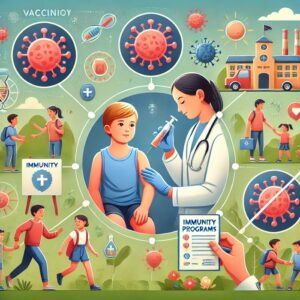
1. Protection Against Preventable Diseases
Vaccines protect children from life-threatening infections like measles, mumps, rubella, polio, and whooping cough. These diseases were once common, but they have been considerably decreased or eliminated in many countries because of broad vaccination campaigns. Without vaccinations, children face serious disease, long-term consequences, and even death.
For example, the measles vaccine has reduced global measles deaths by 73% between 2000 and 2018
Such progress illustrates the critical role of vaccines in safeguarding children’s health.
2. Herd Immunity
Herd immunity occurs when a large proportion of a community is vaccinated, decreasing disease spread. This protects people who are unable to be vaccinated, including newborns, children with allergies, and those with weakened immune systems. Vaccination programs ensure a greater vaccination rate, reducing epidemics and protecting society’s most vulnerable individuals.
Diseases can re-emerge in the absence of appropriate herd immunity, as seen by the recent comeback of measles in places with low vaccination rates.
3. Preventing Complications and Long-term Health Issues
Some diseases, such as polio and hepatitis B, can cause long-term health issues like paralysis, liver disease, and even cancer. Vaccination not only avoids acute illness but also reduces the risk of severe, long-term health complications. For example, the human papillomavirus (HPV) vaccine protects against HPV-caused malignancies, dramatically lowering the risk of developing cervical and other cancers later in life.
4. Cost-effective Healthcare
Vaccination programs are one of the most cost-effective health interventions. They prevent costly hospitalizations, treatments, and long-term care that arise from vaccine-preventable diseases. According to the World Health Organization (WHO), for every dollar spent on vaccines, society saves an estimated $16 in healthcare costs, lost wages, and lost productivity.
By investing in vaccination, governments and families save money in the long run, while also ensuring children remain healthy and active.
5. Supporting Global Health
Vaccination programs contribute to global efforts to eradicate or control infectious diseases. Smallpox, for example, was declared eradicated in 1980, and polio is now on the verge of being eliminated globally, thanks to extensive immunization efforts. Continued support for vaccination programs helps prevent the resurgence of these diseases worldwide, especially in developing regions where healthcare access can be limited.
6. Ensuring Educational Continuity
Healthy children are more likely to attend school consistently and engage in learning without the interruptions caused by illness. Vaccines help maintain uninterrupted educational growth by preventing children from missing school due to preventable diseases. A healthier student body also prevents the spread of illnesses within schools, protecting teachers, staff, and students.
7. Building Trust in Healthcare Systems
Vaccination programs are often a child’s first introduction to formal healthcare systems. Routine childhood vaccines provide opportunities for regular health checkups, ensuring that developmental milestones are monitored, and any potential health concerns are addressed early. These regular visits help build trust between families and healthcare providers, establishing lifelong habits of seeking medical care.
Conclusion
Children’s vaccination programs are crucial for disease prevention, public and individual health promotion, and the achievement of global health objectives. Vaccines are an incredibly effective tool that not only protects the children who receive them but also builds a stronger, healthier society by lowering healthcare costs and ensuring educational continuity.
These reasons make it imperative to keep promoting and assisting vaccination programs across the globe. vaccinations guarantee a better, healthier future for children and their communities while also saving lives and preventing misery.
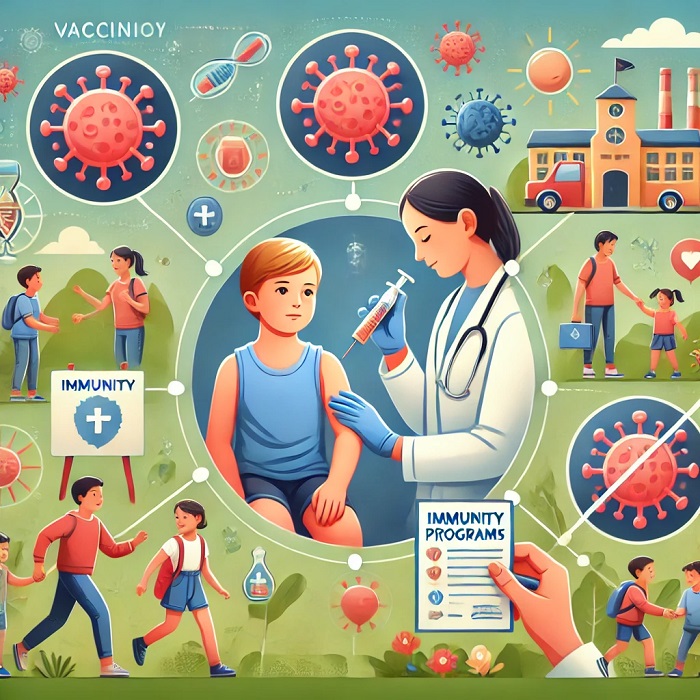





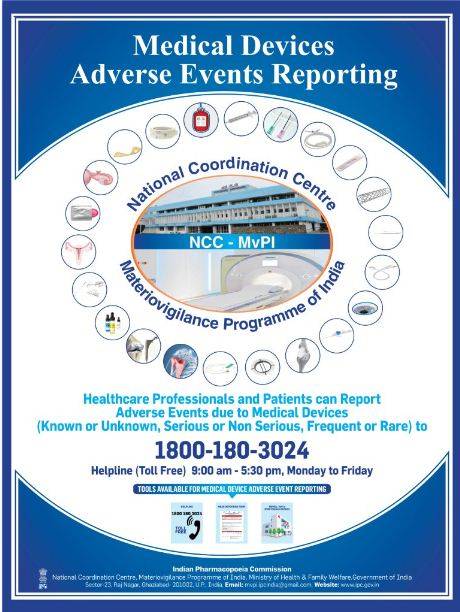

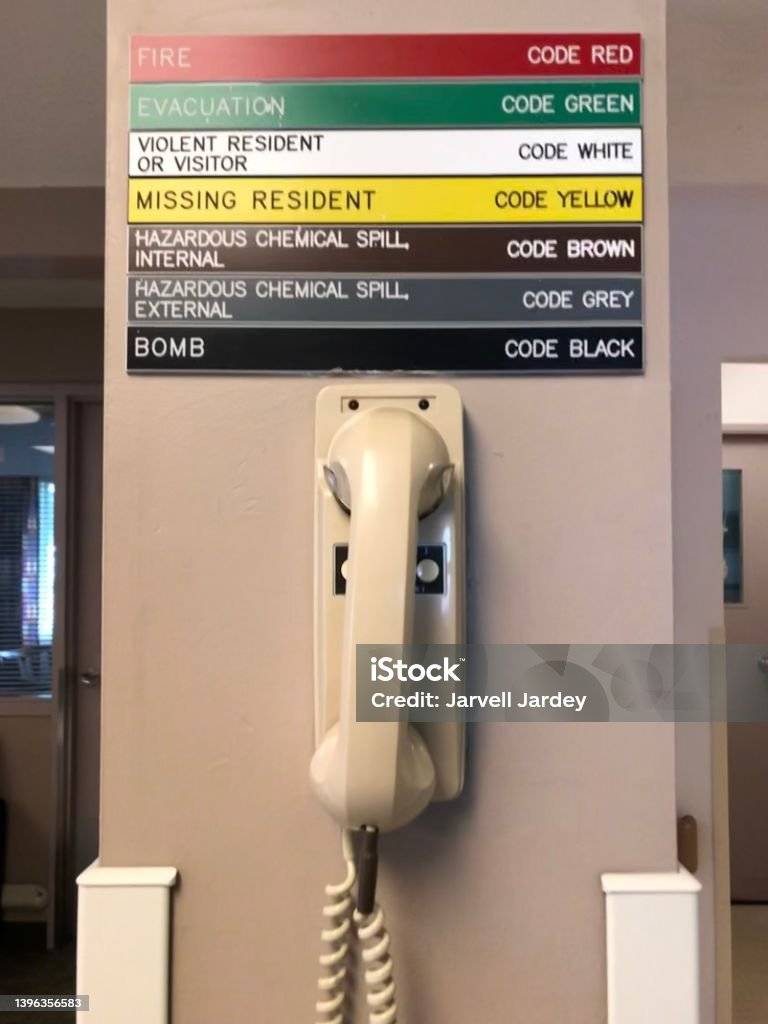
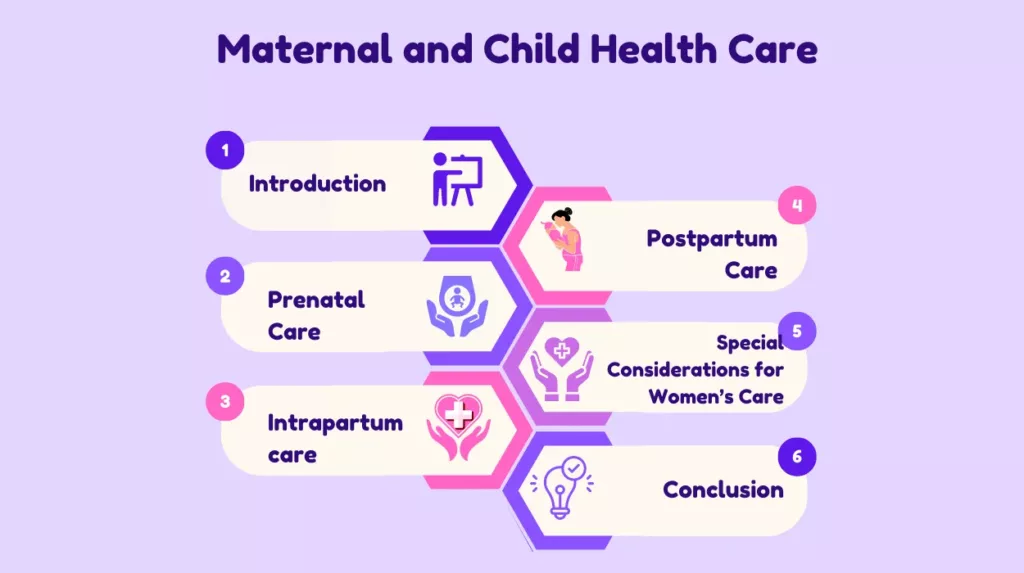

Leave a Reply